Johnny Belinda (1948)
“There’s only one shame: failing a human being who needs you.”
|
Synopsis: |
|
Genres, Themes, Actors, and Directors:
Review: I’m not particularly a fan of Wyman myself — but I do find her performance here to be note-perfect; in fact, it’s likely my favorite of all her roles. Truth be told, I’ve always thought of Wyman as a bit dowdy, and have a hard time “buying” her in more glamorous parts (i.e., in Douglas Sirk’s films); she’s what you might call a handsome woman, but not particularly beautiful — and thus, she’s perfectly suited for her role here, where her “earthier” appeal is allowed to shine. Meanwhile, she’s surrounded by a top-notch supporting cast, with several familiar character actors — Charles Bickford, Agnes Moorehead, and Jan Sterling — given meatier roles than usual (to excellent effect). What’s especially refreshing is how each of these seemingly archetypal characters — bullish father (Bickford), shrewish aunt (Moorehead), jealous townswoman (Sterling) — are allowed to transcend their initial characterizations, each tapping into a store of deeply guarded humanity. Also notable is Lew Ayres (best known for his starring role in 1930’s All Quiet on the Western Front), who — as a noted pacifist during WWII — apparently had a hard time earning meaningful roles; he’s smartly cast here, and offers a refreshingly avuncular leading-man presence. Interestingly, as DVD Savant points out, this was “one of the first Hollywood films to look at a handicapped [sic] person as a worthy subject for drama” — something we take for granted these days, when such a role almost guarantees that an actor will be nominated for an Oscar. The storyline itself, despite its undeniably harsh subject matter, is tastefully handled throughout; with the exception of a couple of key narrative twists later in the film which are handled a bit too facilely (I can’t say more at risk of spoiling), it’s a nicely balanced script, filled with plenty of local dialogue. Shot in coastal Northern California, the sets accurately reflect the windswept rockiness of Nova Scotia, and both cinematographer Ted McCord and Negulescu do a fine job presenting the tale through consistently atmospheric visuals. In sum, this one will likely surprise you as — in DVD Savant’s words — “a rare animal, a heart-warming sentimental story that doesn’t tax one’s intelligence, even if it does take a few melodramatic turns on its way.” Redeeming Qualities and Moments:
Must See? Categories
Links: |
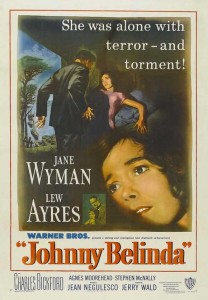
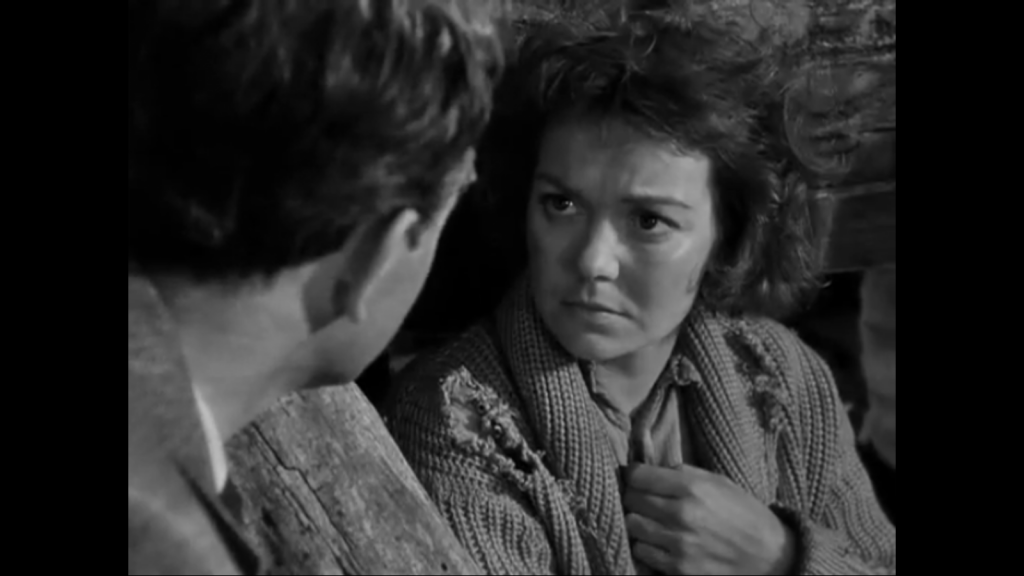
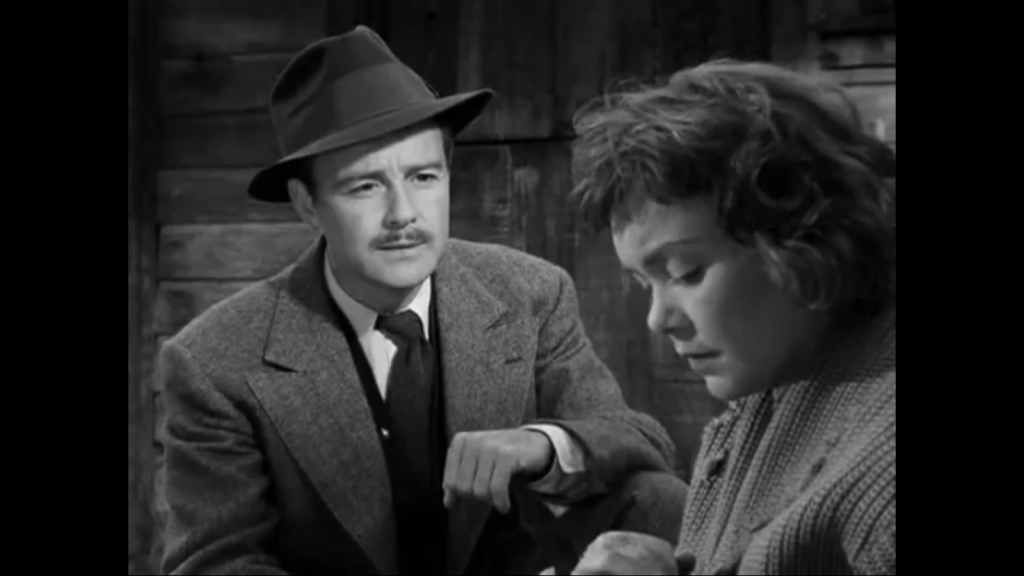
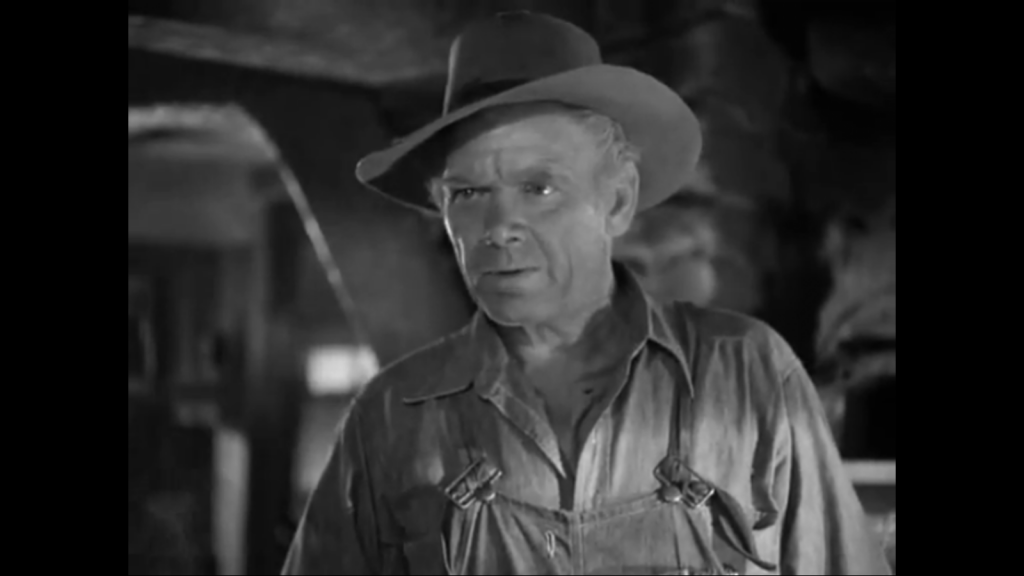
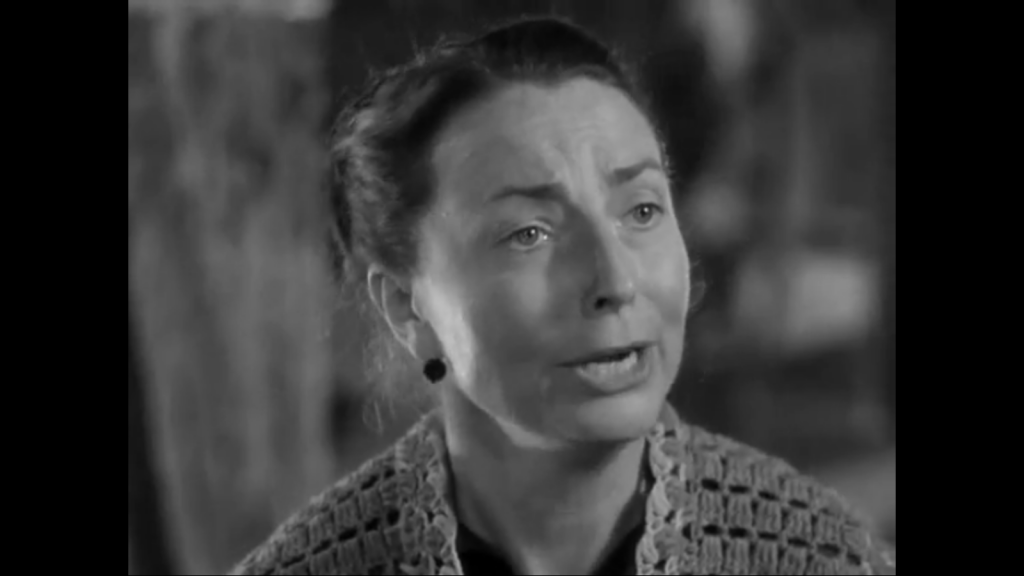
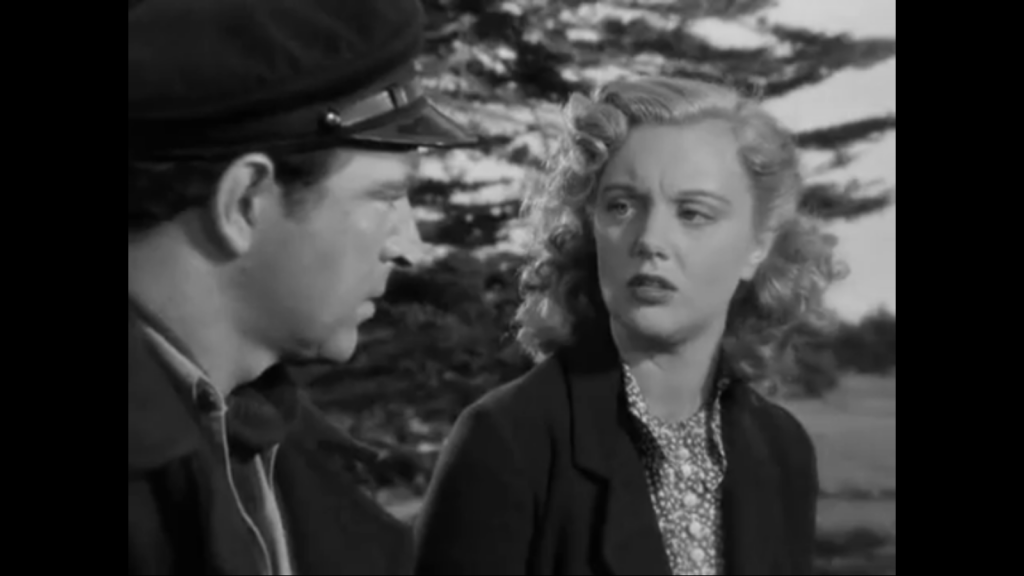
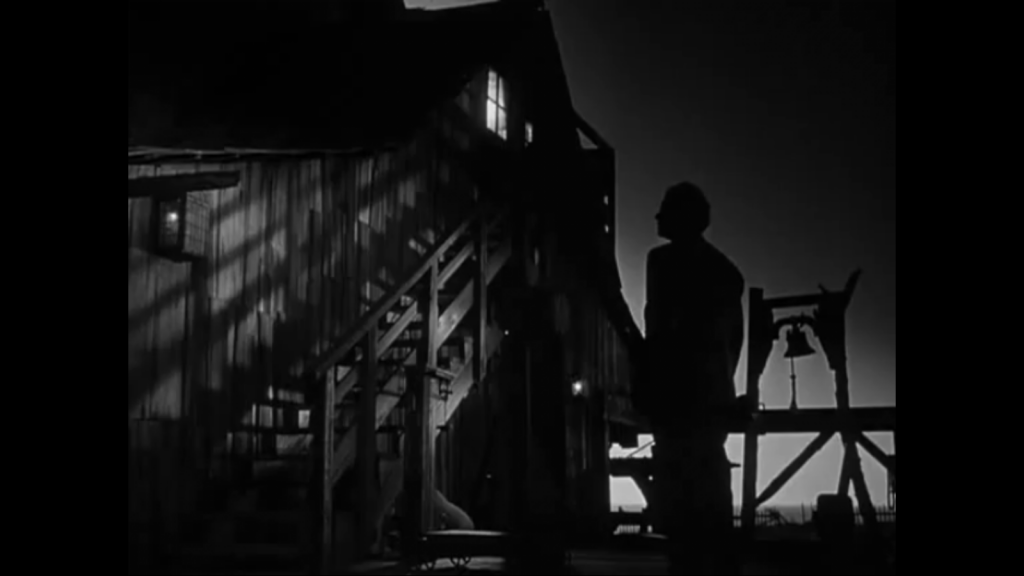
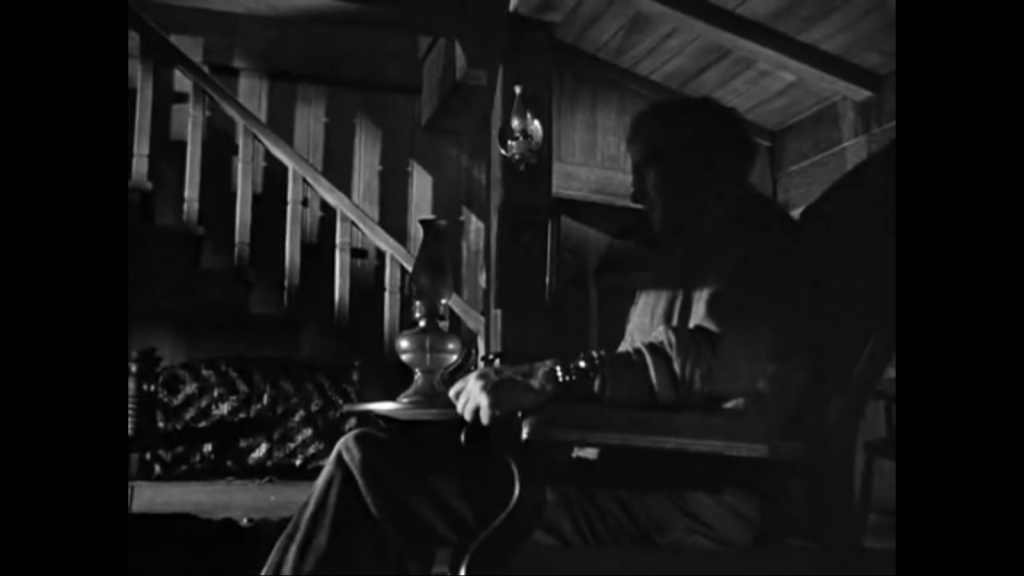
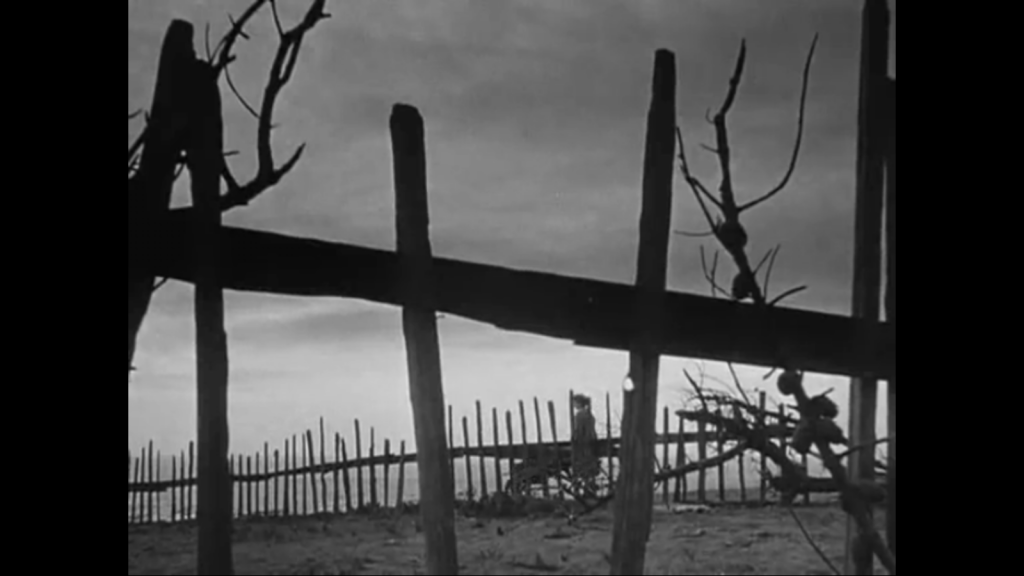
One thought on “Johnny Belinda (1948)”
An absolute must – and one that merits return visits. (I think I’d only seen it once before.)
Peary is apparently talking nonsense about Wyman’s performance. I am not a big Wyman fan – but I’d’ve been more than happy to hand her the Oscar. Hers is a very layered piece of work. In terms of her career, it’s probably something of a one-hit-wonder – but, hey, when you step up to the plate, people take notice.
The thing is, Wyman is one piece of the whole: this is a remarkable movie on all counts: a fiercely honest, adult film tackling important issues head-on (in 1948!) and succeeding brilliantly. Sensitivity is key here – and ‘JB’ takes on its subject matter truthfully without compromise. The screenplay is razor-sharp and Negulesco could not be more aware of his responsibility in serving his material well. (DP McCord’s work is nothing less than stunning.)
‘JB’ is very much a social statement. It focuses on certain people who strive to be all that they can be; it also highlights people who are more than satisfied to be deceptive or small. Foremost, ‘JB’ is a testament to what is good in the human spirit.
It is also among those films which is best not to know too much about going in. A film that goes to surprising places. A real winner.